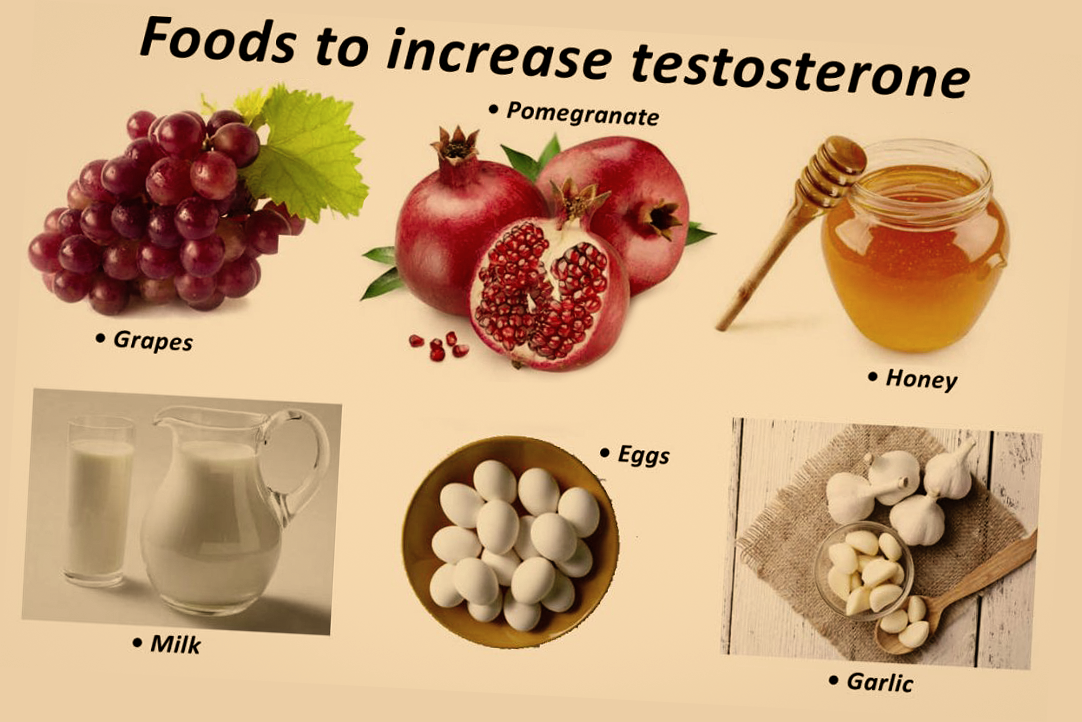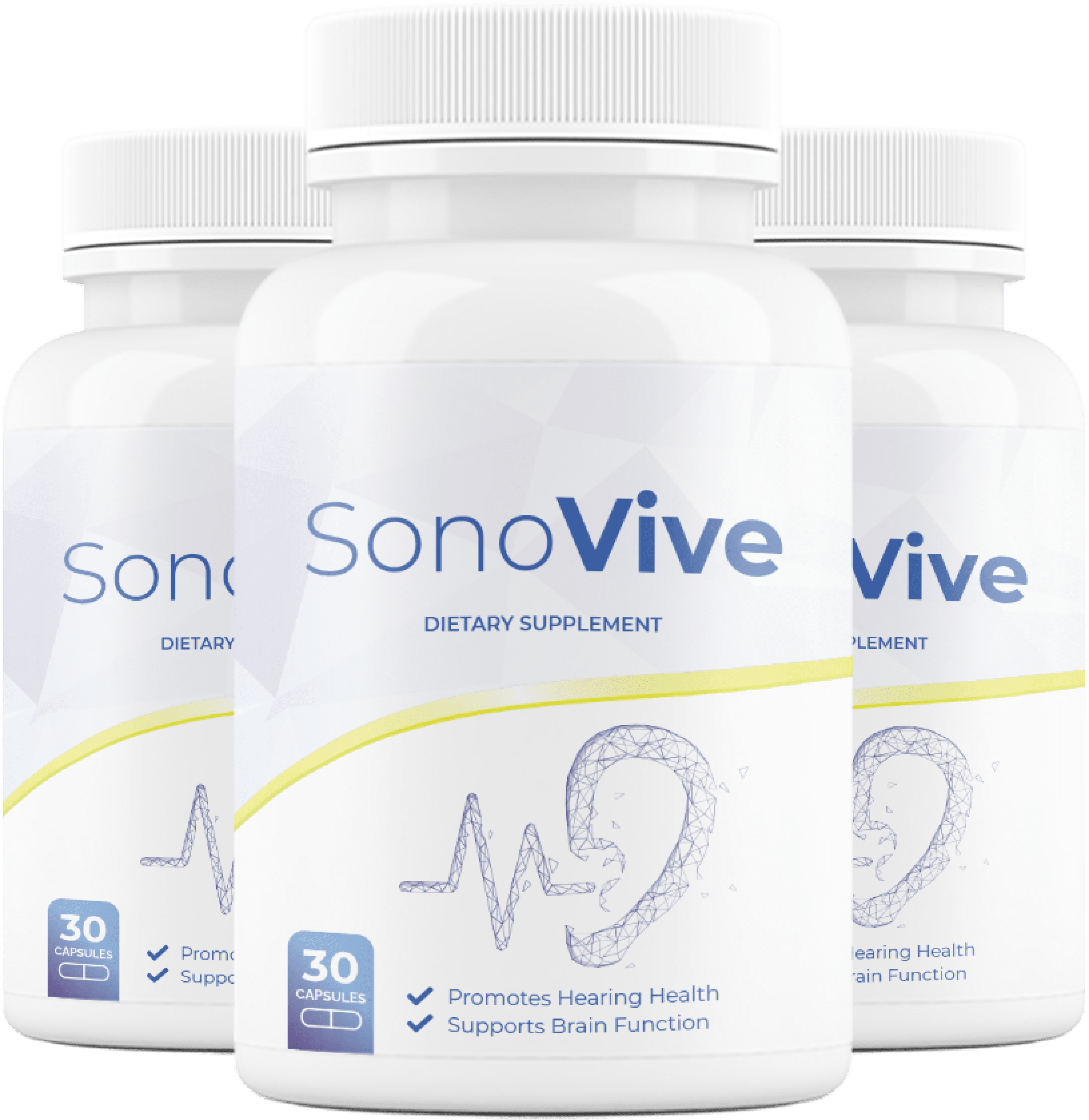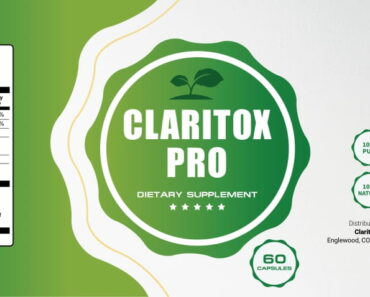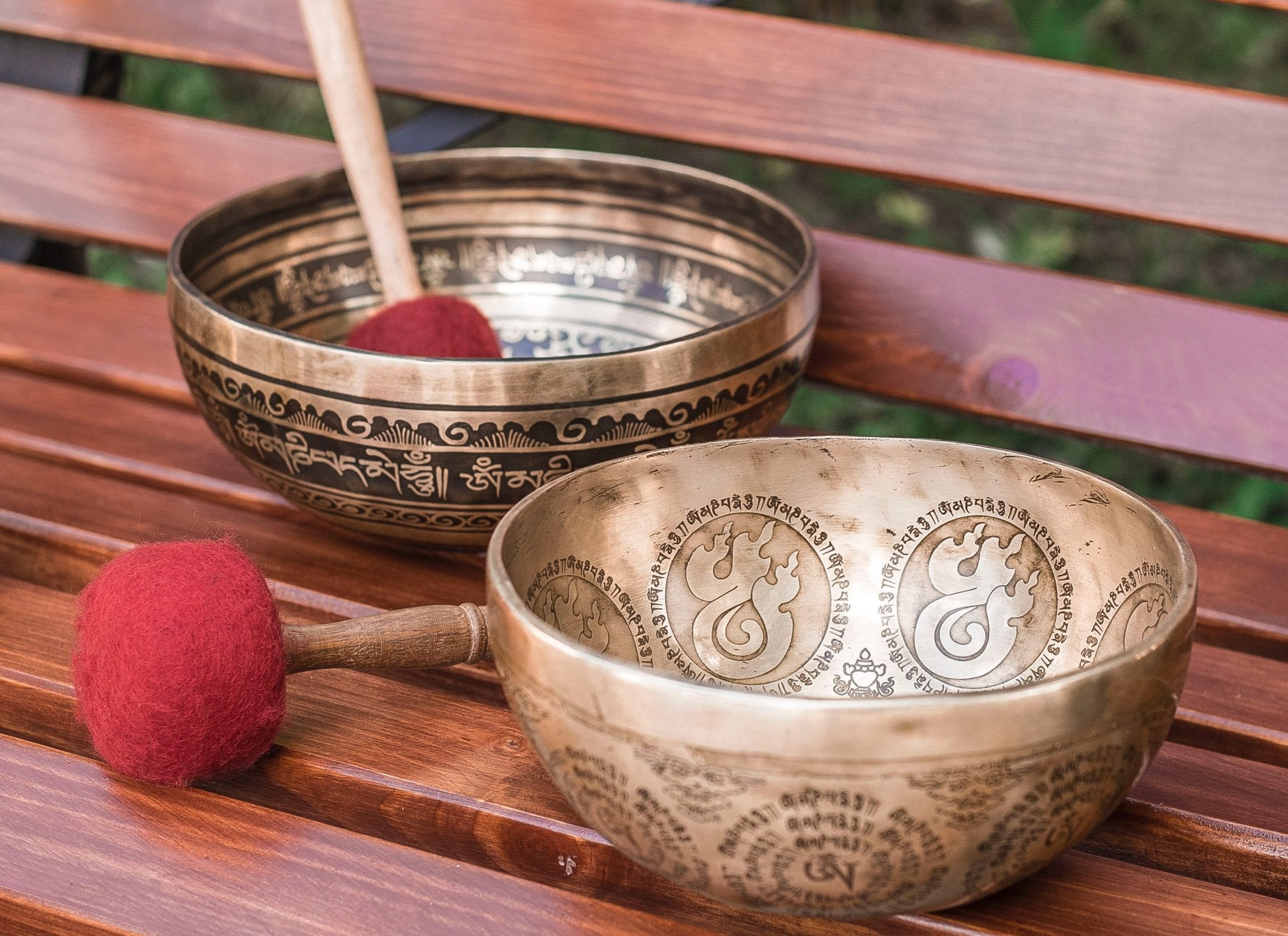This Curcumin 2000 review will focus on the supplement’s key ingredients, which have long been used for their potential to relieve joint pain. While the company’s website gives an overall positive impression of the product, it provides only limited details, including a limited number of clinical test results. It is important to pay close attention to the price, as it could be indicative of a weak formula or sub-par ingredients. In this Curcumin 2000 review, we will discuss how the supplement can help relieve joint pain and inflammation.
Curcumin is an anti-inflammatory
Research has suggested that curcumin is an effective treatment for ulcerative colitis and ulcerative proctosigmoiditis. Researchers conducted a literature search in PubMed, Ovid, EMBASE, and the Cochrane Library. The database searches were limited to studies with English-language literature and were conducted with search terms involving curcumin, turmeric, and the terms inflammatory bowel disease, Crohn’s disease, and ulcerative colitis.
Inhibition of inflammation by curcumin inhibits the production of key molecules involved in the inflammatory response. These molecules include cyclooxygenase-2, inducible nitric oxide synthase (iNOS), lipoxygenase (LOX), and p-sialyl cyclase. These enzymes are involved in inflammatory processes and improper regulation of them has been associated with physiopathology.
It is an antioxidant
The bioactive substance curcumin can inhibit many molecules in the body that play important roles in inflammation. Since free radicals are believed to be the primary cause of aging, this substance is a potential solution for fighting oxidative stress. In addition, curcumin has been shown to inhibit the production of several key organic molecules. To better understand how curcumin works, read the following research article. It provides a brief overview of the compound’s benefits.
It has been shown to inhibit the formation of amyloid plaques and reduce the progression of Alzheimer’s disease in animal studies. Furthermore, curcumin can cross the blood-brain barrier and may prevent cancer. Arthritis is a common problem in the western world, but there is currently no known cure. Inflammation and oxidative damage are both linked to this condition. Researchers have discovered that curcumin can prevent the progression of Alzheimer’s disease by inhibiting these processes.
It helps to reduce inflammation
Studies have shown that curcumin inhibits key enzymes involved in inflammatory processes. These enzymes include cyclooxygenase-2 (COX2), inducible nitric oxide synthase (INOS), and lipoxygenase. Inflammation is commonly associated with inappropriate regulation of these enzymes. Curcumin is an excellent way to combat inflammation and its side effects.
Studies have shown that curcumin inhibits viral replication, including SARS-CoV, influenza A virus, and Zika virus. Further, it blocks the assembly of HIV, human norovirus, and hepatitis C virus in Vero-E6 cells. This anti-inflammation property makes curcumin a promising preventive and treatment option for COVID-19. This ingredient can be taken by humans as a supplement or as a dietary supplement.
It reduces muscle soreness
The antioxidant curcumin is beneficial for reducing muscle soreness after exercise. It is believed that curcumin can reduce levels of ammonia and lactate, which are markers of muscle fatigue and oxidative damage. In addition, curcumin helps increase gluconeogenesis, a cellular process essential for muscle repair and strength. The antioxidant curcumin works against several key inflammatory pathways.
In a recent study, researchers administered 2 g of curcumin with 20 g of piperazine to elite rugby players. The supplements reduced levels of several physiological markers associated with muscle soreness. Furthermore, they showed a definite reduction in muscle pain, soreness, and inflammation. Further, curcumin’s effectiveness was demonstrated by a small number of other studies. This review highlights the need for further research.
It boosts cognition
A study from the Biomedical Research Council found that eating curry regularly improved cognition. The study found that older adults consuming curry daily showed an improved global cognitive performance on the Memory Skills Examination (MMSE). This may be due to the low bioavailability of curry, but this can be improved by cooking it with other spices and spice oils. The researchers found that curcumin was able to enhance bioavailability in the study participants.
In the study, curcumin prevented and alleviated memory and learning impairments in ApoE4-Tg mice. This substance crossed the blood-brain barrier and inhibited the formation of amyloid plaques. It also prevented the buildup of these amyloid plaques and improved the pathology of Alzheimer’s disease. Hence, curcumin has the potential to provide lasting cognitive benefits for many years.
It blocks tumor necrosis factor alpha
Recent studies have found that curcumin blocks TNF-a, a tumor-inducing protein. The inhibitor blocks tumor-induced TNF-a secretion, normalizes TNFR1 expression, inhibits caspase-8 activation, and increases the flip. Curcumin is a potent immunomodulator and is well known for its anticancer properties. This study highlights the potential of curcumin to fight cancer.
Tumor necrosis factor is the most potent mediator of inflammation. It is regulated by nuclear factor kB, or NF-kB. NF-kB is activated by cytokines, disease-causing viruses, mechanical stress, and mental stress. Curcumin blocks TNF-a and reduces inflammation. It also inhibits the phosphorylation of p38 and JNK.






